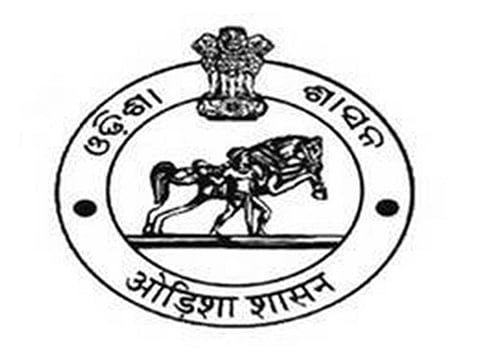

As India strengthens its resolve for inclusive development, the Pradhan Mantri Janjati Adivasi Nyaya Maha Abhiyan (PM-JANMAN) has emerged as a transformative initiative. Launched by Prime Minister Narendra Modi on November 15, 2023, coinciding with Janjatiya Gaurav Divas, the mission aims to uplift Particularly Vulnerable Tribal Groups (PVTGs), communities historically excluded from the mainstream.
PM-JANMAN targets 75 PVTG communities across 18 states and one Union Territory, intending to extend essential services to over 22,000 remote tribal habitations. These groups, often residing in forested and hilly regions, face challenges like low literacy, poor healthcare, and inadequate infrastructure.
To address these issues, the mission spans 11 core development areas - housing, drinking water, road connectivity, electrification, mobile access, healthcare, education, nutrition, skill development, community centres and social security. These services are delivered through joint efforts by nine central ministries and corresponding state departments to ensure effective and integrated implementation.
With a budget of Rs 24,104 crore - Rs 15,336 crore from the Centre and Rs 8,768 crore from states, the scheme is being implemented from 2023 to 2026, aiming for full saturation in the identified areas.
Odisha: A Model State for PM-JANMAN
Odisha plays a leading role in this national mission. The state is home to 13 of the 75 recognised PVTGs, including the Bonda, Dongria Kondh, Juang, Kutia Kondh and Lanjia Saora. The programme covers 1,751 habitations across 14 districts, benefiting nearly 68,605 households. What distinguishes Odisha is its convergence of the central scheme with state-level tribal programmes, ensuring saturation across all intervention areas. Each habitation has a tailored micro-plan created with local participation and aided by GIS mapping, drone surveys, and mobile data collection, ensuring development is both relevant and respectful of local contexts.
Collaborative Governance and Delivery
Odisha’s effective rollout of PM-JANMAN is the result of strong interdepartmental coordination. The department of Panchayati Raj and Drinking Water oversees housing and water projects while the Energy department manages electrification. The Rural Development department is in charge of road connectivity and the Health and Family Welfare department handles health services. Mobile connectivity is the responsibility of the Electronics and IT department while nutrition and anganwadi operations fall under the Women and Child Development department. Education and skills training are addressed by the School and Mass Education and Skill Development departments. The department for ST & SC Development, Minorities and Backward Classes Welfare oversees livelihoods and multipurpose centres. This integrated framework ensures efficient delivery and eliminates overlap.
Key Achievements in Odisha
In just one year, Odisha has made substantial progress. Over 11,000 pucca houses have been sanctioned, ensuring permanent shelter for tribal families. All PVTG habitations now have access to clean drinking water, largely through solar-powered systems. Healthcare outreach has expanded with Mobile Medical Units operating in remote areas. Each village has a functional anganwadi centre offering early education and nutrition services. Additionally, 74 multipurpose centres now serve as venues for skill-building, health activities, and community events. More than 30 Van Dhan Vikas Kendras have been set up to support forest-based livelihoods, helping communities turn traditional knowledge into income. Districts like Malkangiri, Mayurbhanj, and Kandhamal have shown notable implementation success.
Overcoming Challenges
Despite these gains, districts such as Rayagada and Keonjhar have faced hurdles due to rugged terrain and limited manpower. To overcome this, Odisha has deployed district nodal officers, introduced realtime dashboards and instituted bi-monthly reviews to address implementation gaps and maintain momentum. Odisha aims to complete all interventions under PM-JANMAN by November 15, 2025, marking the second anniversary of Janjatiya Gaurav Divas. The state plans a grand celebration to showcase achievements, share success stories and honour tribal heritage and culture.
From Margins to Mainstream
PM-JANMAN is more than a development scheme - it is a mission of justice, dignity and inclusion. For Odisha, it is a chance to lead by example, showing how targeted, coordinated action can transform the lives of the most marginalised. Through a blend of technology, community involvement, institutional synergy, and cultural sensitivity, Odisha is turning vision into impact. As the 2025 milestone approaches, the state stands ready to present a model of equitable development where no community is left behind.
The author, a retired IAS officer, professor of Anthropology, former RDC (Central Division), and director of the Tribal Research Institute as well as Odisha State Tribal Museum. He currently serves as a senior advisor to UNICEF and UNDP.